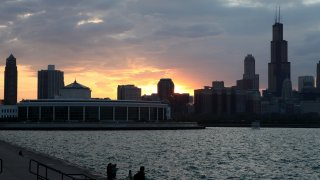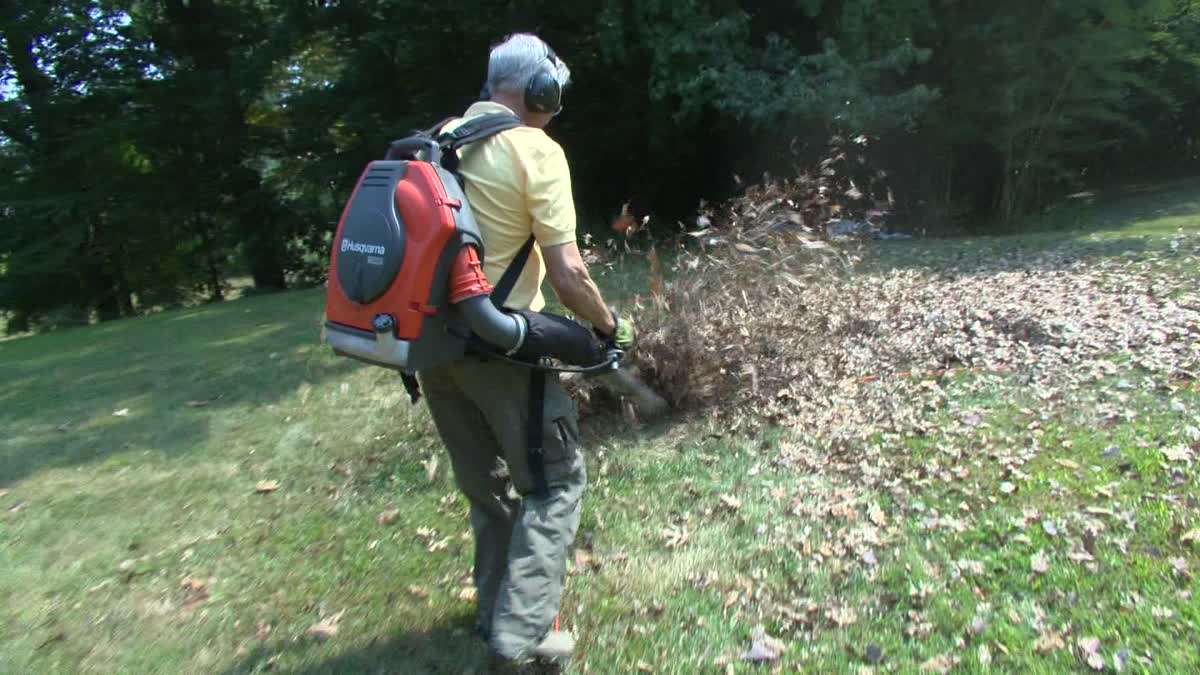
Most Americans know that the winter solstice is the shortest day of the year, with the sun staying in the sky for a shorter amount of time than any other day of the year, but what they may not realize is that the earliest sunset of 2021 has already taken place.
According to multiple websites, including Sunrise-Sunset and the National Oceanic and Atmospheric Administration, the earliest sunset of 2021 in the city of Chicago occurred on Wednesday.
After Wednesday, the sun will begin to set slightly later in the day, with sunset timed out at one second later on Thursday, according to Sunrise-Sunset.
Even with the slightly later sunsets (it will take more than a week for the city of Chicago to see its sunset move by more than one minute in the positive direction), the days will still be getting shorter, however.
Feeling out of the loop? We'll catch you up on the Chicago news you need to know. Sign up for the weekly Chicago Catch-Up newsletter here.
That is because the sun will continue to rise later and later in the morning all the way until Jan. 3, when it rises at 7:16:38 a.m.
Why Don’t the Latest Sunsets and Earliest Sunrises Line Up With the Solstice?
There are two key points to consider when asking why the sunsets and sunrises don’t sync up perfectly with the solstice. The first is that the Earth is tilted at 23.5 degrees on its axis, and the second is that the Earth does not revolve around the sun in a perfect circle, but instead does so in more of an elliptical fashion, with the sun slightly off-center in the middle of the orbit.
Local
In addition, the Earth draws steadily closer to the sun as winter approaches in the Northern Hemisphere, drawing to around 91.4 million miles from the sun by the time early January hits.
As a result, the Earth begins to move faster in its orbit around the sun, and a gap in time develops between solar and clock time, according to scientists.
“Solar time” indicates when the sun hits the midway point in its journey across the sky, with an equal amount of time since sunrise and until sunset.
“Clock time” is, of course, when the clock hits noon standard time.
According to the website EarthSky, that gap between solar and clock time grows by approximately 30 seconds per day for several weeks both before and after the winter solstice in December, causing both sunrises and sunsets to occur later in the day as the month moves along.
As the Earth moves further away from the sun, solar noon draws closer to clock noon in the month of February, nearly hitting exact clock noon by mid-March.
So When is the Winter Solstice?
The winter solstice, the shortest day of the year in terms of combined sunlight in the Northern Hemisphere, will occur on Dec. 21. On that date, the city of Chicago will see just under nine hours and 11 minutes of sunlight, with the sun rising just after 7:13 a.m. and setting just after 4:24 p.m. Central time.
Following that date, the sunrises will continue to occur later in the day, but sunsets will also continue to occur later at a faster rate, helping the area make up for lost daylight in the morning.



